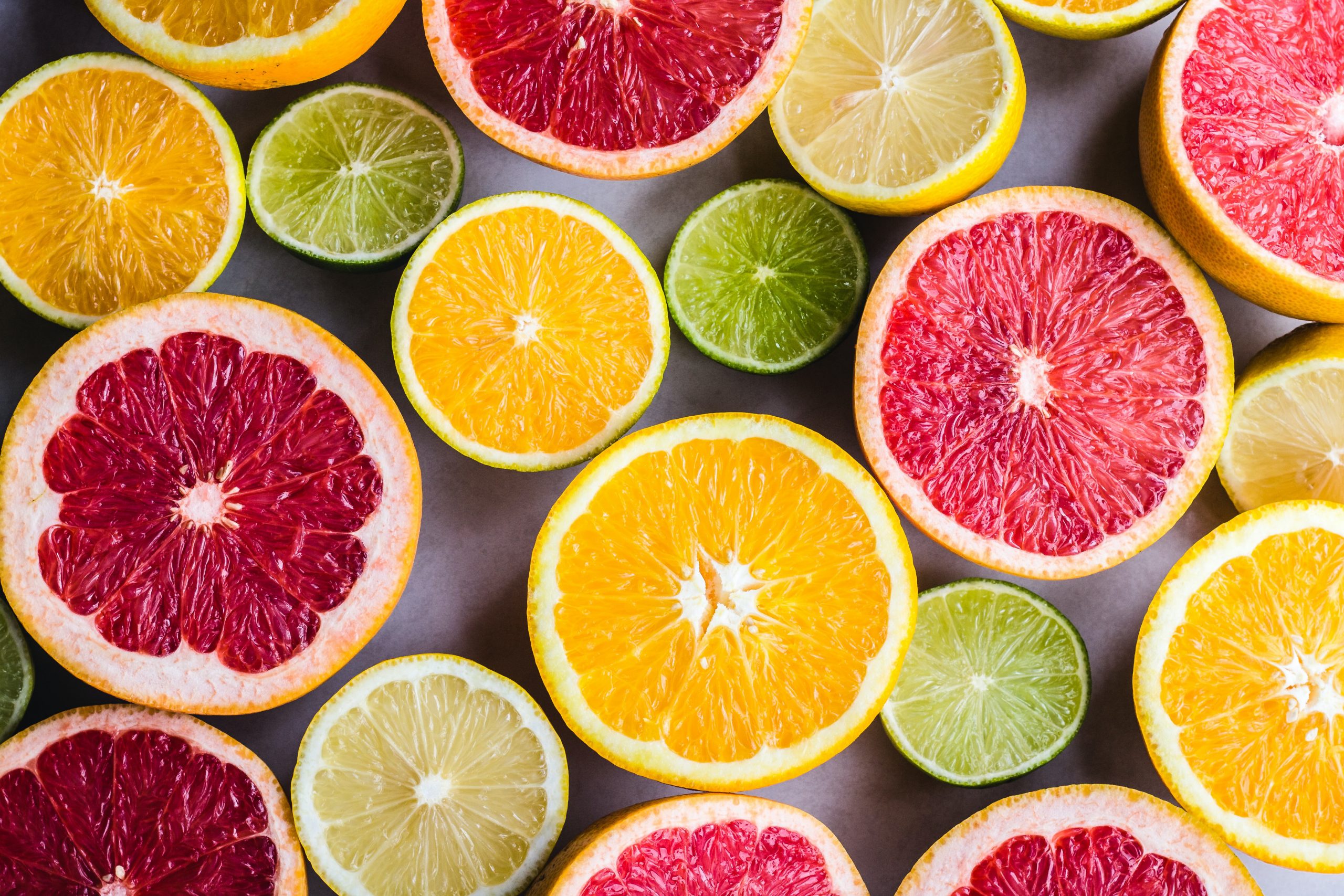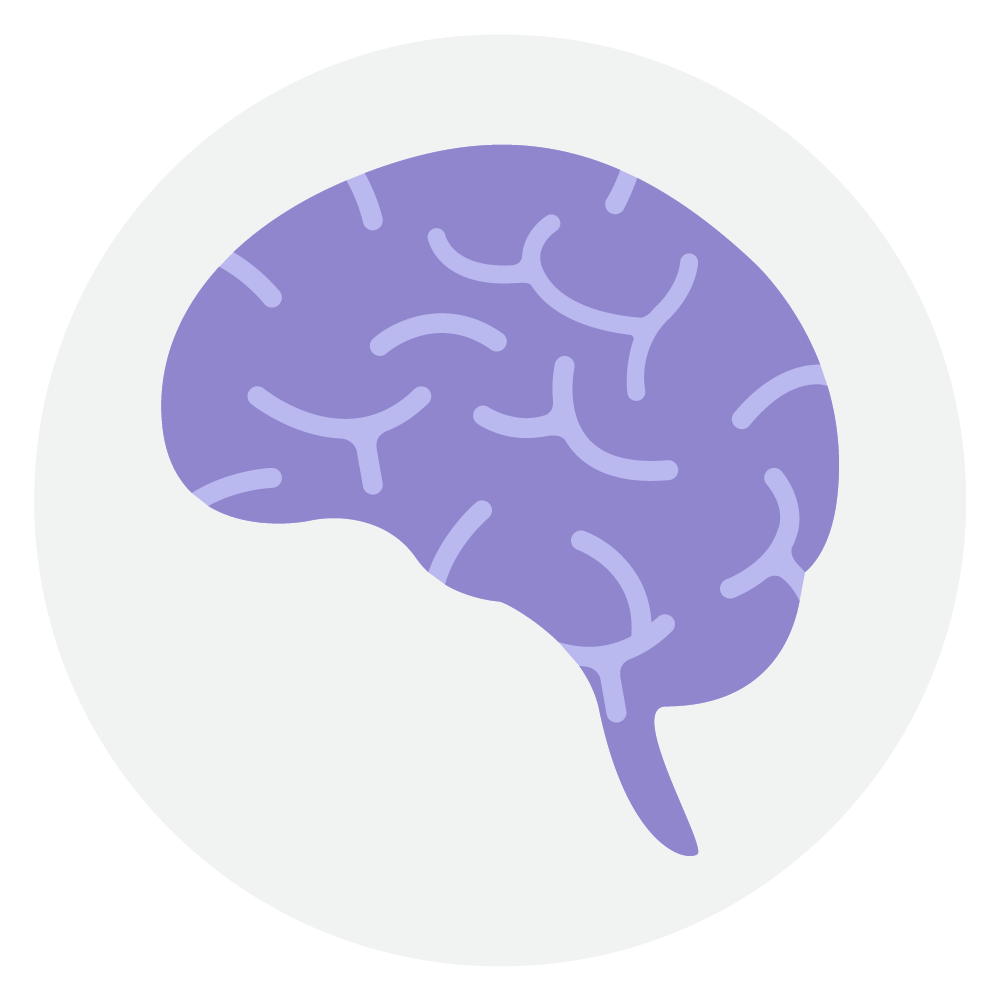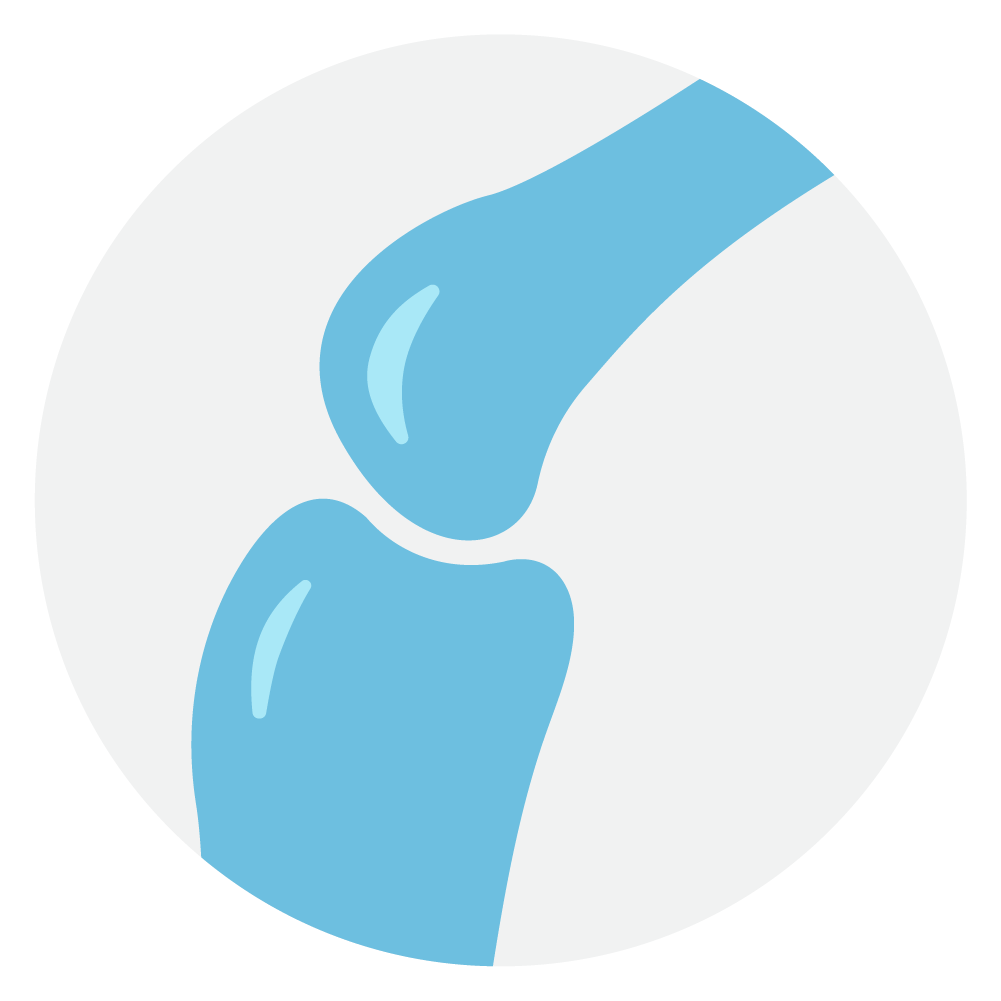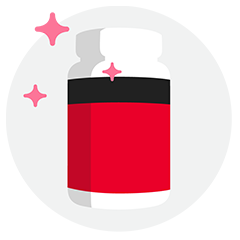Vitamin C – To immunity and beyond!
Created on: January 8, 2021

Vitamin C is commonly known for its effects on the immune system, but that’s just the tip of the iceberg! The body utilizes this essential nutrient in many different processes.
Can I make it myself?
We can’t produce vitamin C within the body, which means we have to get it from our diet or supplementation. This isn’t the case for all animals though. Goats are able to synthesize several grams of vitamin C in the liver each day! Pretty cool, right?
How much do I need?
The Canadian recommended daily amount (RDA) for adults ranges from about 75 mg-120 mg per day, with the upper limit intake being 2000 mg. For acute needs, taking 600-1000 mg per day isn’t out of the ordinary. If you’re wondering what your daily dose of vitamin C should be, talk to your healthcare practitioner.
What if I don’t have enough?
Since we can’t produce vitamin C within the body, deficiency is common. The symptoms that occur when we’re lacking in a vitamin or mineral give us a good indication of its purpose in the body. Here are some of the common indications of vitamin C deficiency:
- Poor immunity
- Fatigue
- Depression
- Bleeding gums and loose teeth
- Unusual bleeding and bruising
- Poor wound healing
- Dry, discoloured skin
- Anemia
- In serious cases, scurvy can develop
The many benefits of vitamin C
Immune health
The immune system is a complex set of cells, tissues and organs that work together to protect the body from foreign invaders. Vitamin C supports the function and production of B-cells, T-cells and natural killer cells, which are all key players in immune function. As well, high levels of vitamin C can be found in white blood cells, which are responsible for defending the body against unwanted pathogens.
Allergies
During an allergic reaction, mast cells release histamine, which results in inflammation and those familiar seasonal allergy symptoms. The body tries to get rid of the allergen via itchy, watery eyes, a runny nose, sneezing and coughing.
Vitamin C and citrus bioflavonoids act as a natural antihistamine by stabilizing mast cells and assisting the enzymes that break down histamine (DAO). If you’re looking to expand your seasonal allergy toolkit, try adding vitamin C with citrus bioflavonoids and AllergyTryp to block histamine-releasing trypsin.
An effective antioxidant
Antioxidants are used throughout the body to protect against oxidative damage caused by free radicals. Free radicals are unstable molecules that occur naturally in the body in response to incoming toxins such as UV rays, pollution and cigarette smoke. Antioxidants float up to the free radical, and offer an electron to help stabilize it. Without the presence of antioxidants, free radicals will do anything to stabilize themselves, leaving a path of oxidative damage.
Depending on the affected cells and tissues, this damage can have a wide range of consequences including:
- Damage to blood vessels
- Oxidation of cholesterol, resulting in arterial plaque
- Increased risk of cardiovascular events
- Sun damage, resulting in the potential for skin cancer
- Declining vision
- Decrease in cognitive function
- Liver damage
- Autoimmune diseases
- Mitochondrial dysfunction
Citrus bioflavonoids to the rescue
Vitamin C is a vital antioxidant in its own right, but has a fairly short lifespan in the body. Citrus bioflavonoids, found in citrus fruits, help to extend the antioxidant lifespan of vitamin C by figuratively resuscitating it after each encounter with a free radical.
Quells inflammation
A clinical study tested levels of two inflammatory markers in the body: C-reactive protein (CRP) and oxidized LDL.
- CRP is a protein in the blood that indicates when there is inflammation in the body. Elevated CRP can increase the risk of heart disease, and can be a sign of infection.
- Oxidized low-density lipoprotein (LDL) is the “bad cholesterol” that has been further damaged by free radicals. High levels of oxidized LDL can promote the clogging of arteries, increasing the risk of stroke or heart attack.
In this study, 24 hours after taking PureWay-C there was a 15.6% decrease in serum CRP, and 8.4% decrease in oxidized LDL.
Collagen production
Collagen keeps our skin firm, our bones strong and our joints flexible. As our main structural protein, it amounts to about 25-35% of all protein in the body. After the age of 25, we start to break down collagen faster than our body can produce it.
Vitamin C is one of the many nutrients required for collagen production in our:
- Bones and teeth
- Hair, skin and nails
- Joints, tendons, cartilage and ligaments
- Blood vessels
- Muscles
- Wound healing
Some choose to take vitamin C to boost collagen production, while others take a powder form of collagen. Both wild-caught marine and grass-fed bovine are great options.
Stress and the adrenal glands
The adrenal glands, which are responsible for producing stress hormones, have a high concentration of vitamin C. During stressful situations, vitamin C gets used up quickly.
A group of researchers put two groups through a universally stressful event – public speaking. One group took 500 mg of vitamin C daily for one week prior, and the control group did not. Stress measurements included heart rate, dry mouth, intestinal cramping and anxiety. The vitamin C participants reported significantly lower measurements of stress than the control group.
Iron absorption
Doctors often recommend a glass of orange juice alongside an iron supplement. That’s because vitamin C acts as a weak chelator, by binding to iron to increase solubility in the small intestine.
Nerve function
Vitamin C is involved in the functioning of nerves, which is indicated by the neuropathy that results from a deficiency. It has been shown to have a positive effect on three cells that are involved in nerve injury and regeneration: neurons, Schwann cells and macrophages.
Need a boost?
If you need to boost your vitamin C, try Pureway-C with citrus bioflavonoids. Pureway-C outperforms other forms of vitamin C and goes the distance. Learn more here.
Sources
- Dietary Reference Intakes
- James Lind: The man who helped cure scurvy with lemons
- Vitamin C for preventing and treating the common cold
- Avast! Scurvy is still a health issue in the 21st century
- The neuropsychiatric effects of vitamin C deficiency: a systematic review
- Effect of vitamin C on inflammation and metabolic markers in hypersensitive and/or diabetic obese adults: a randomized controlled trial
- Adrenal Glands
- Effect of low dose vitamin C on public speaking stress during group presentation
- A novel vitamin C preparation enhances neurite formation and fibroblast adhesion and reduces xenobiotic-induced T-cell hyperactivation
- Vitamin C: an essential “stress hormone” during sepsis
- Vitamin C: Stress Buster
- Vitamin C-lipid metabolites: uptake and retention and effect on plasma C-reactive protein and oxidized LDL levels in healthy volunteers






